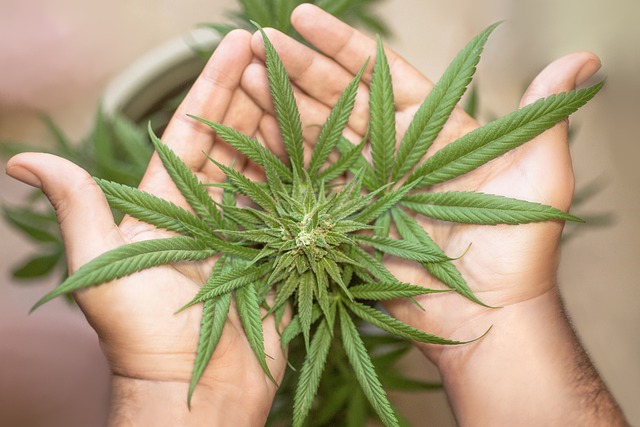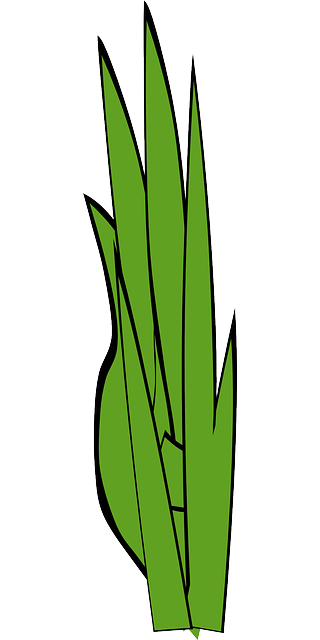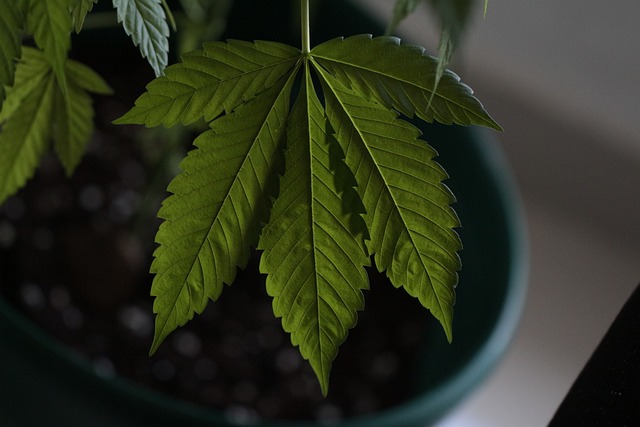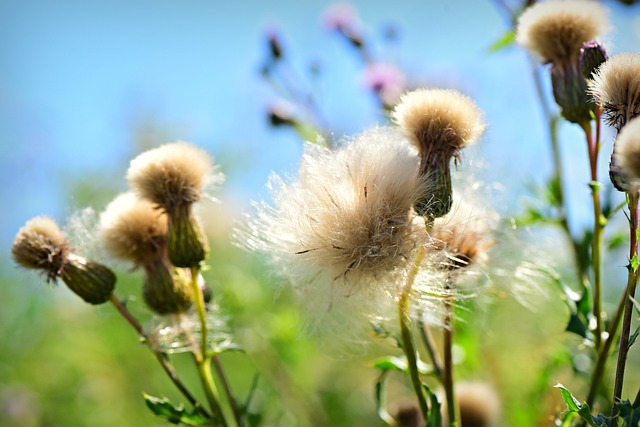2023 saw a significant rise in popularity for THCA (Tetrahydrocannabinolic Acid) flower, a non-psychoactive derivative of the Cannabis sativa plant that provides potential therapeutic benefits. The THCA flower contains THCA, a precursor to THC, and when consumed in its raw form, it offers health applications without inducing a 'high.' Studies are investigating these benefits, noting the compound's promising effects for various health conditions. The entourage effect, a phenomenon that occurs when THCA is used alongside CBD and terpenes, enhances the flower's therapeutic properties. This combination offers a holistic wellness approach that is both effective and non-intoxicating, appealing to those seeking relief from pain and inflammation, mood enhancement, or other health issues without becoming impaired. The unique composition of the THCA flower, rich in cannabinoids like CBD and terpenes, contributes to its growing scientific and medicinal interest. As consumers become more aware of its benefits, THCA flower is becoming a significant player in the cannabis market, offering an alternative to traditional THC products. Users are encouraged to understand how THCA and CBD interact with the body's endocannabinoid system to make informed choices about their wellness regimen.
Embark on a deep dive into the nuanced world of THCA (Tetrahydrocannabinolic Acid) Flower, a cannabinoid-rich plant that’s capturing attention in the wellness and recreational spheres. This article illuminates the unique qualities of THCA Flower, distinguishing it from its counterpart CBD, and delving into the synergistic effects of its rich terpene profiles. From understanding its origins to mastering its cultivation, we explore the myriad ways THCA Flower can be utilized, stored, and integrated into your daily life for both therapeutic and holistic benefits. Join us as we unravel the science behind CBD and terpenes, their roles in the entourage effect, and how they contribute to the cannabis experience. Whether you’re a seasoned user or new to the cannabinoid scene, this comprehensive guide offers insights into selecting quality THCA Flower, maintaining its potency, and even infusing your space with its aromatic essence.
- Understanding THCA Flower: A Comprehensive Overview
- The Rise of THCA Flower in the Cannabis Landscape
- THCA Flower vs. CBD: Key Differences and Similarities
Understanding THCA Flower: A Comprehensive Overview

Delta-9 tetrahydrocannabinolic acid (THCA) is a naturally occurring compound found in the Cannabis sativa plant, which, when heated, converts into the well-known psychoactive substance THC. THCA flower represents the raw, unprocessed form of the cannabis plant that contains this non-psychoactive precursor. Unlike its activated form, THCA interacts with the body’s endocannabinoid system without the ‘high’ typically associated with cannabis consumption. This unique attribute has led to growing interest in its potential therapeutic benefits, which are currently being explored in various studies.
The entourage effect, a phenomenon where the combined effects of CBD (cannabidiol) and terpenes enhance the health benefits of THCA flower, is a significant aspect of cannabis science. CBD, a renowned non-psychoactive compound, works synergistically with THCA, providing a comprehensive wellness approach without intoxication. Terpenes, aromatic compounds found abundantly in cannabis, not only contribute to the unique flavor and scent profiles but also play a critical role in modulating the effects of THCA and CBD. This synergy can lead to a more effective and potentially healthier alternative for individuals seeking relief from various conditions, making the THCA flower an object of scientific and medicinal interest.
The Rise of THCA Flower in the Cannabis Landscape

2023 has seen a significant uptick in the popularity of THCA flower, a form of cannabis that is gaining attention for its potential therapeutic benefits and unique effects. Unlike its decarboxylated counterpart, delta-9 THC, THCA flower contains the cannabinoid tetrahydrocannabinolic acid in its raw, non-psychoactive state. This has piqued the interest of consumers looking for a different kind of cannabis experience that preserves the plant’s natural profile of CBD and terpenes.
The rise of THCA flower is attributed to its ability to offer a broader spectrum of cannabinoids and terpenes, which many believe to be more beneficial than traditional smoked or vaporized cannabis products. These compounds work synergistically to provide effects that may be more potent and longer-lasting. The interest in THCA’s potential benefits is also driven by its non-psychoactive nature, making it an attractive option for those who prefer to avoid the high associated with delta-9 THC but still want to experience the entourage effect. Users report a wide array of wellness applications, from pain and inflammation relief to mood enhancement, all while maintaining sobriety. As regulations evolve and research progresses, THCA flower is poised to carve out a distinct niche within the cannabis landscape, offering consumers a new way to engage with the plant’s full potential.
THCA Flower vs. CBD: Key Differences and Similarities

THCA flower, which contains Tetrahydrocannabinolic Acid (THC acid), is a precursor to the well-known psychoactive compound THC found in cannabis. When exposed to heat, THCA undergoes decarboxylation and converts into THC, which is responsible for the ‘high’ associated with cannabis use. On the other hand, CBD, or Cannabidiol, is a non-psychoactive cannabinoid known for its therapeutic properties. Both THCA flower and CBD interact with the body’s endocannabinoid system, influencing various physiological processes, yet their effects differ significantly due to their distinct chemical structures.
One of the key differences between THCA flower and CBD is their psychoactive nature: THCA can be psychoactive when activated into THC, while CBD is not. However, both compounds possess unique therapeutic potentials. For instance, THCA has been studied for its anti-inflammatory and neuroprotective properties, which may provide relief for conditions like arthritis or multiple sclerosis. CBD, on the other hand, is widely recognized for its role in managing anxiety, epileptic seizures, and pain without the mind-altering effects of THC. Both compounds also contain a range of terpenes, which are aromatic compounds that contribute to the distinct flavors and aromas of cannabis strains and can influence their effects when combined synergistically. These terpenes can modulate the action of cannabinoids, thereby affecting the overall therapeutic or psychoactive experience. Understanding the nuanced differences between THCA flower and CBD is crucial for consumers seeking specific outcomes from their use.
THCA flower, rich in cannabinoids like THCA and complemented by a robust profile of terpenes, is carving out its niche within the evolving cannabis sphere. Its distinct properties set it apart from CBD, offering unique benefits and effects that cater to a diverse range of consumer preferences. As regulation continues to evolve and understanding deepens, THCA flower and CBD are poised to become increasingly integrated into wellness routines and therapeutic practices. This comprehensive exploration of THCA flower underscores the importance of education and responsible consumption as these compounds gain prominence in the health and well-being market.
